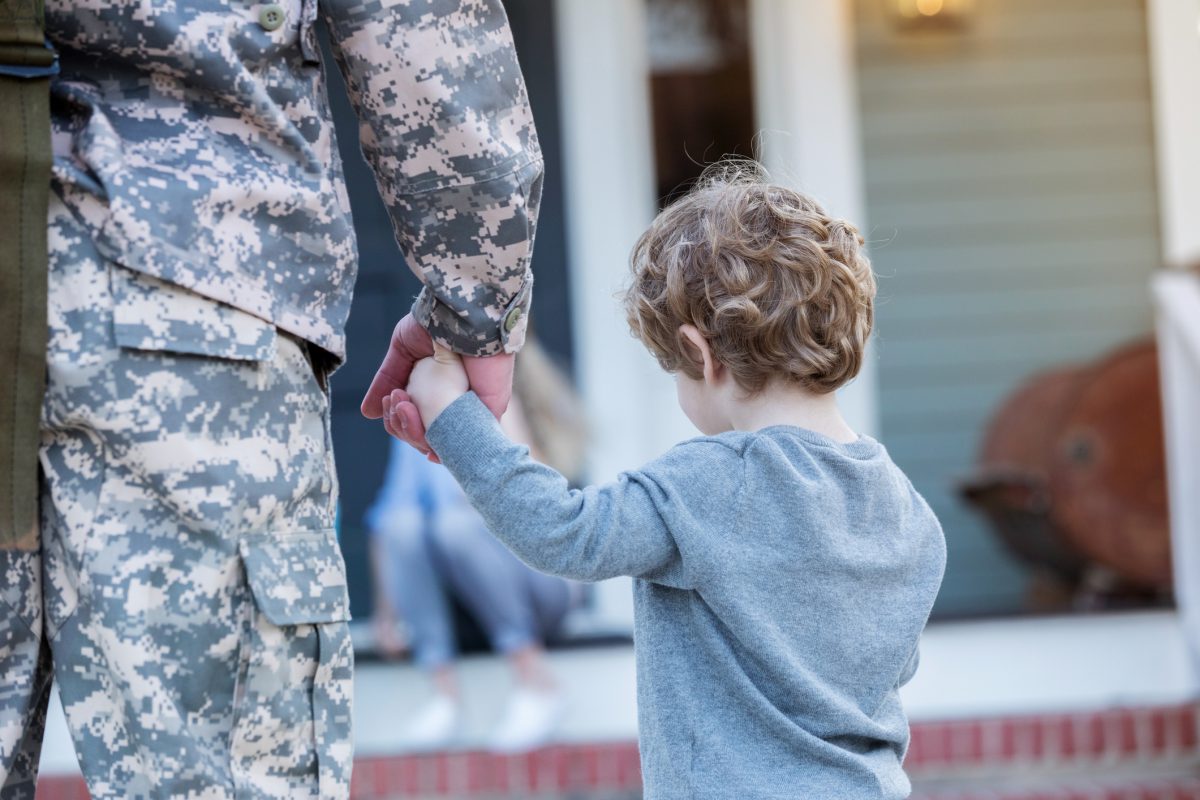Lots of us make mistakes with our money — even me. There’s a lot to learn, and we’re always stumbling into new situations.
While I’m educating people about their finances, I see the same oversights again and again. While the big ones are more obvious, there are a couple of seemingly smaller mistakes that can be just as dangerous, but are not always as obvious.
No Renters’ Insurance
Renters’ insurance seems like such a small thing, right until you have a catastrophic disaster and you have to use it. Even if you think that you “don’t have much,” think for a minute how much it would cost to replace even basic furniture, kitchen items, linens, clothes and uniforms.
Plus, renters’ insurance covers more than just your stuff. While every policy may be different, it also usually covers your liability if you do something wrong. (Forgot to turn off the stove? Left the water running in the sink?) or if someone gets hurt at your house. And most policies include loss-of-use coverage, which helps if your house or apartment is uninhabitable for some reason.
Unless your belongings are covered under a homeowner’s policy, you should have renters’ insurance. It’s cheap, and most insurance companies offer it. Check with your auto insurer, and then maybe shop around for other companies. If you really research it, it might take you an hour to find a good policy. Don’t wait.
Lunches/Vending Machines/Drive-Through Spending
This is a personal problem for me. In normal times, I spend way too much of my allowance on crap food and drinks. Even a healthy choice of an unsweetened iced tea is $2-$3 at most convenience stores and fast food restaurants. Start getting into actual food, and/or a car full of kids, and that bill grows exponentially. Do that a couple of times a week and then, next thing you know, you’re spending $200 a month on, well, stuff you probably don’t need.
Thankfully, there are easy ways to cut back on the amount you’re spending on food and drinks. Stock your work and car with drinks and non-perishable snacks. My family likes individually sized bags of popcorn, nut, and granola/snack bars, plus water and Gatorade. It is not uncommon for someone to leave the house with half a meal to eat on the way somewhere. Plus, we try to bring our own drinks when we leave the house. Every little bit helps!
Misunderstanding Your Income-Tax Situation
Taxes can be confusing, so it is understandable that not everyone has a firm grasp on what is happening with their income taxes. Throw in the constantly changing details of military life, and sometimes it feels like trying to nail Jell-O to the wall.
However, if you don’t know what’s going into your income-tax calculations, you can’t make smart decisions, like whether a second job will be worthwhile, or whether you want to put your TSP contributions in as Traditional or Roth. For example, many military families discover that a second income means that they receive a smaller Earned Income Tax Credit (EITC), which makes that income a lot less valuable. And if they don’t know how that second job is going to impact their EITC, they can’t add that to the other costs of working to see whether the job makes financial sense.
There are a couple of ways to fix this issue. I recommend that everyone go through their income-tax return line by line, and learn what it means. If you try that, and you’re still confused, have a chat with your installation’s personal financial educator. They can point out important parts that you should know, and help you project how certain decisions will impact your tax situation.
Leaving Military Benefits Unused
Military service provides a wide variety of benefits to service members and their families. Sometimes they are a little hard to find, and sometimes they are a little hard to use, but there is a huge range of programs offered by both the services and private organizations. Many families don’t even know that these opportunities exist! I’ve seen everything from a military spouse who thought she “didn’t have health insurance,” to service members who think that tuition assistance is too difficult to use, to families who aren’t getting a military discount on their cell phone bills.
This one can be a little trickier, because programs and deals and benefits aren’t always obvious, but you should definitely do research to see whether there is any way that you or your spouse’s military service can help decrease some of your expenses.
Each of these items seems relatively insignificant, but you might be surprised at how much they can cost. At the worst end of the spectrum, an apartment fire is a disaster if you don’t have insurance. But even that $2 iced tea adds up!
Not Knowing Where Your Money Goes
The first thing that most people need to do is figure out what they’re spending. Sounds easy, right? You’d be surprised! For most people, when we sit down and write down their income and expenses, there is a relatively large number left over at the end. So I ask, “Do you feel like you have $900 left at the end of every month?” Almost everyone says no, that they’re broke at the end of the month.
This problem is somehow both the easiest and hardest one to fix. It’s easy, because all you have to do is write down what you spend. It’s hard because no one wants to actually do that or they intend to do it, and then they don’t.
This is also the solution that can make the biggest impact on your overall financial health. Just knowing where your money is actually going is the first step in taking control over your financial future. So whether you use an index card wrapped around your debit card, an app on your phone, or throw all your receipts in a basket and tally them at the end of the week, do something to keep track of that money.
(Pro tip: Check your subscriptions. Do you really need Pandora AND Spotify? Netflix, Hulu AND Amazon Prime?)





